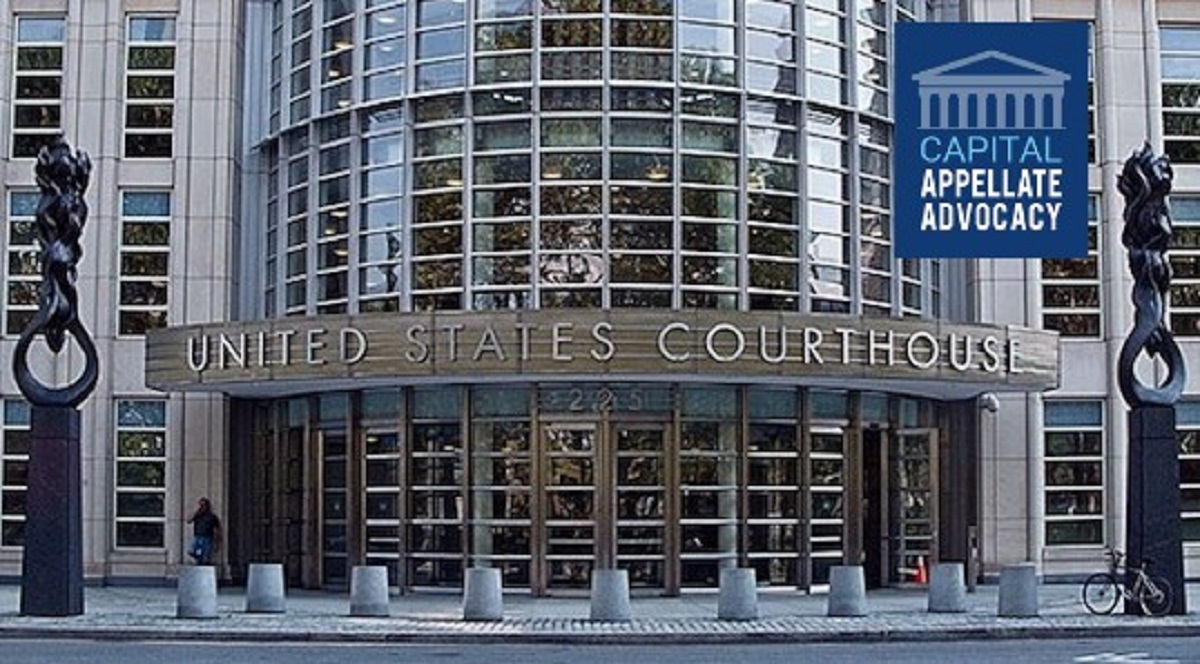Class actions are big business for the plaintiffs bar. Lawyers have a better chance of pocketing enormous, disproportionate, attorney fee awards if they can litigate, or force settlement of, consumer class actions in plaintiff-friendly state courts. Congress enacted the Class Action Fairness Act (CAFA) in 2005 to help curb state-court class action abuses. One of CAFA’s key provisions allows “any defendant” to remove (i.e., transfer) from state court to federal court, qualifying class actions brought on behalf of nationwide or multi-state classes of allegedly injured individuals. Compared to many state courts, federal court rules and procedures are not as skewed in favor of class action plaintiffs.
Nonetheless, class action plaintiff lawyers have succeeded in circumventing CAFA’s removal provision by enlisting defendants in garden-variety state court debt collection suits to file broad, only tangentially related, class action counterclaims, or third-party class action complaints, against national or multistate corporate defendants. Based on outdated Supreme Court precedent, several federal courts of appeals have held that such counterclaim or third-party defendants do not fall within the broad phrase “any defendant” for CAFA removal purposes. If they had been sued directly, those same defendants unquestionably could have removed the same complaints to federal court.
Recognizing the importance of the issue, the Supreme Court last week in Home Depot U.S.A., Inc. v. Jackson, No. 17-1471, agreed to review this brazen, recurring, removal-blocking tactic. I was privileged to write an amicus brief on behalf of DRI-The Voice of the Defense Bar, urging the Court to hear the case. Our brief emphasized the need for the Court to interpet CAFA in a manner consistent with the statute’s fundamental objective of achieving fairness by leveling the playing field in class action litigation.

